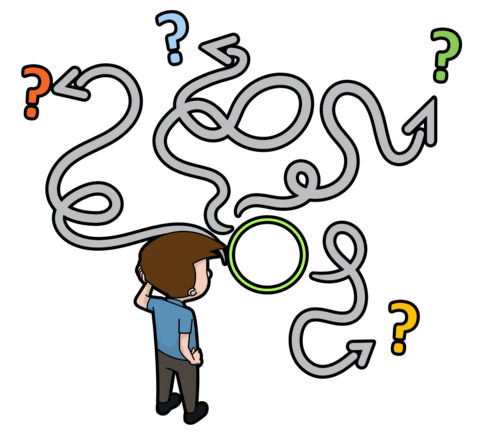One and done: some tips and tricks on drafting
Have you ever looked at a finished piece of writing and wondered how someone could ever write something that amazing? Have you ever looked at one of your own first drafts and wondered how it could ever be something worth reading? If you answered yes to either of these questions, then this is the blog post for you.






